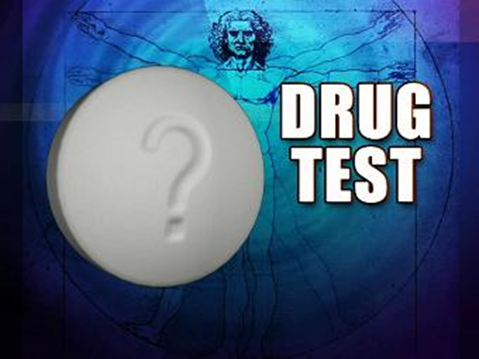 Living and working in a society where substance abuse is not uncommon places the Anesthetist in a position where they may administer anesthesia to a patient who either is high or has recently used illegal drugs. Cocaine abuse has been associated with acute onset of hemodynamic changes and end organ dysfunction. This scenario begs the question as to whether or not we should routinely require a cocaine drug screen on preoperative patients.
Living and working in a society where substance abuse is not uncommon places the Anesthetist in a position where they may administer anesthesia to a patient who either is high or has recently used illegal drugs. Cocaine abuse has been associated with acute onset of hemodynamic changes and end organ dysfunction. This scenario begs the question as to whether or not we should routinely require a cocaine drug screen on preoperative patients.
In an original work by a CRNA and published in the AANA Journal (August 2012) Baxter et al explored the usefulness of Cocaine drug screens to predict safe delivery of general anesthesia. Three hundred subjects were included in the study with half testing cocaine positive. Baseline data were obtained and vital signs as well as complications were followed throughout the procedure.
From the Authors:
- “Our study suports the argument that cocaine-related diseases as well as deaths are due less to overdose than they are the pathophysiology that develops from long-term use.”
- “This suggests that the risk of anesthesia-related complications or death is unlikely to change based solely on drug screen findings.”
- “Recent cocaine use alont may not necessarily be a contraindication to surgery if the patient is asymptomatic and has normal vital signs, ECG and review of systems.”
The authors found no benefit from routine Cocaine drug screening. Baseline vital signs and coexisting disease were more important factors than the presence of a positive Cocaine drug screen.
Click here to read the abstract published in Pubmed or click here to review the original article published in the AANA journal
The AANA foundation provides financial support for original CRNA research. Please support the AANA foundation with annual gift giving. Click here to visit the AANA foundation web site.
